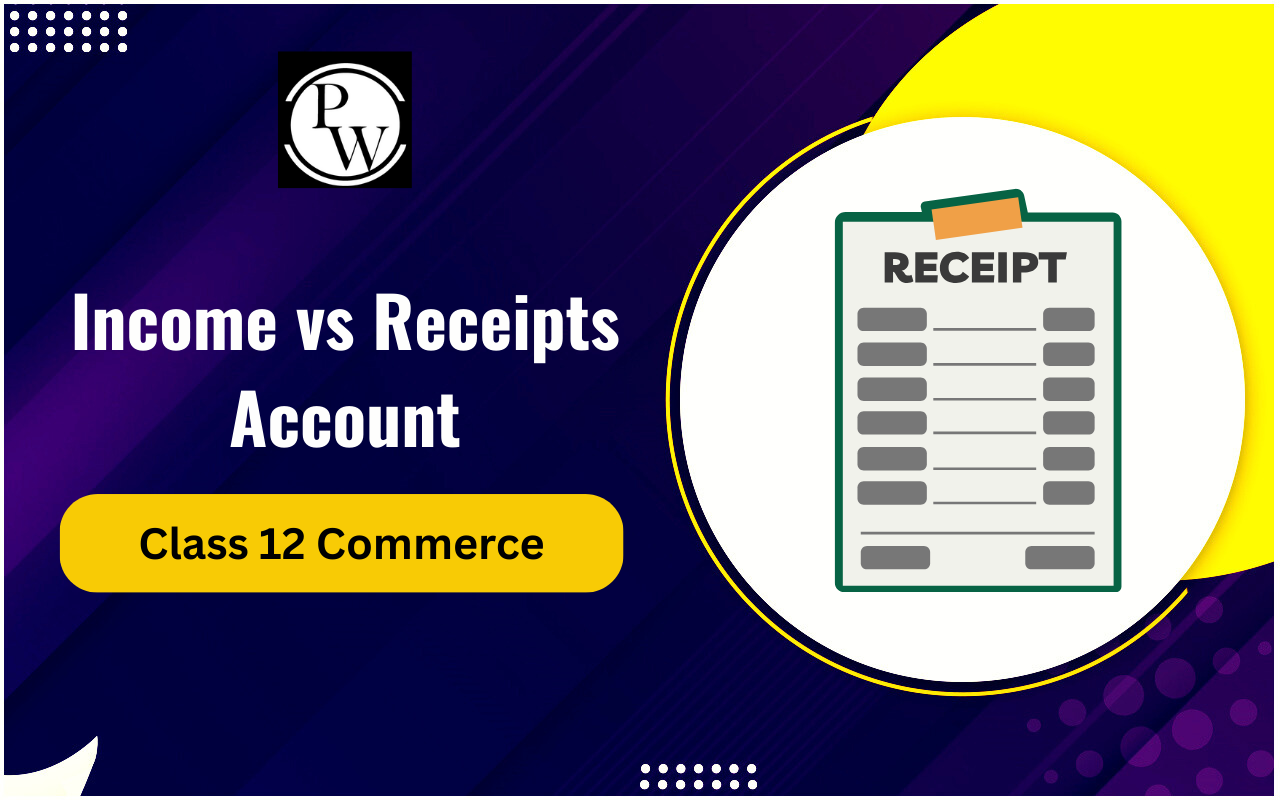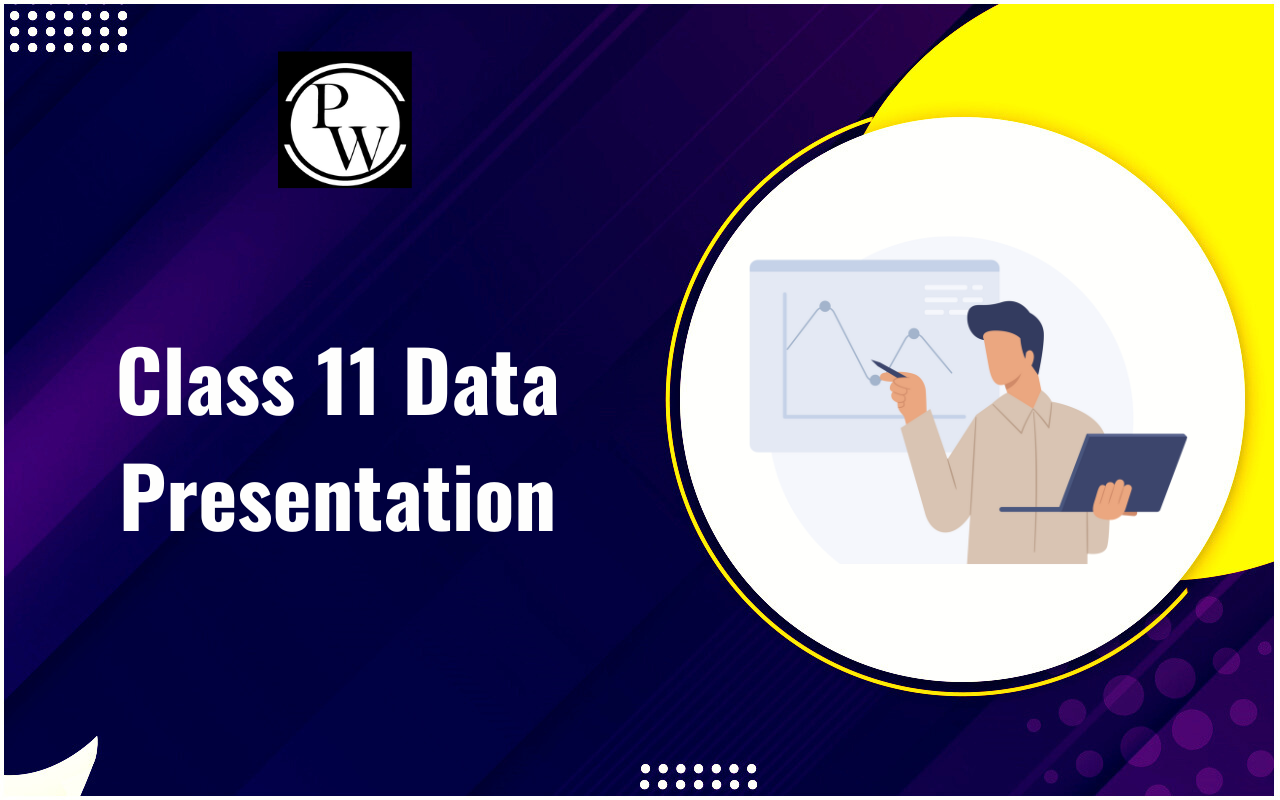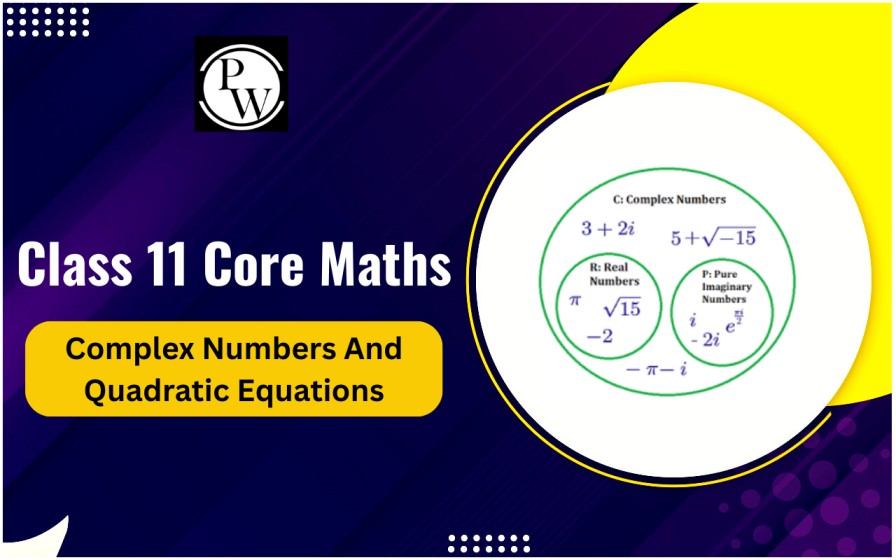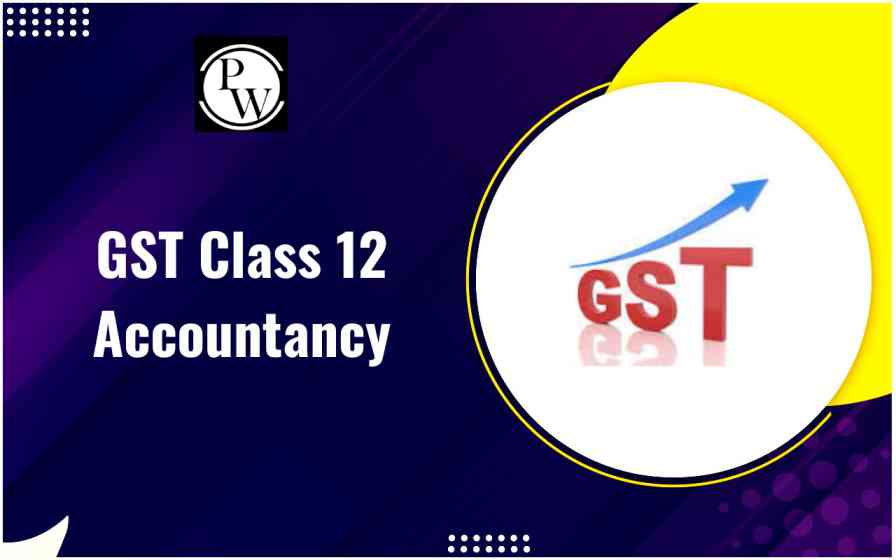

In the realm of business and organizational management, both management information systems (MIS) and accounting information systems (AIS) play crucial roles in handling information. While they share similarities in managing data, their primary functions and objectives differ significantly. Businesses need to understand these distinctions, as it enables them to effectively leverage these systems to enhance decision-making, operational efficiency, and financial reporting. This article explores the fundamental differences between MIS and AIS, their unique functionalities, and how they contribute to organizational success in distinct ways.
What is Management Information System (MIS)?
MIS, or Management Information System, refers to a computerized tool designed to furnish managers with critical information for making informed decisions. This system plays a pivotal role in organizations by collecting, storing, processing, and distributing data essential for managerial decision-making processes. By leveraging MIS, businesses can streamline operations, enhance efficiency, and most importantly, improve strategic planning. It integrates various aspects of data management, including data collection from multiple sources, data processing to derive meaningful insights, and the dissemination of relevant information across different levels of management. Ultimately, MIS empowers managers with timely and accurate information, enabling them to navigate complexities and drive organizational success through informed decision-making.Objectives of an AIS
An Accounting Information System (AIS) serves several crucial objectives within an organization, designed to manage and process financial data effectively. By focusing on these objectives, AIS enables management to make informed decisions based on accurate and timely financial insights:- Statutory Compliance: Facilitates the preparation and publication of required accounting statements to meet legal obligations.
- Financial Analysis: Analyzes financial data to provide accurate and reliable information for decision-making within the organization.
- Data Security: Ensures the security and integrity of accounting data, protecting against breaches and unauthorized access, which is crucial for maintaining trust and compliance.
What is Accounting Information System (AIS)?
An Accounting Information System (AIS) is a specialised subset of a larger Management Information System (MIS) designed specifically for managing and processing accounting data. It integrates various components, including software, procedures, controls, and data storage, to gather, process, store, and report financial information for internal and external stakeholders. AIS automates accounting processes such as recording transactions, maintaining financial records, preparing financial statements, and generating reports. It ensures accuracy, reliability, and compliance with accounting standards and regulations. AIS is critical in facilitating decision-making by providing timely and relevant financial information to managers, investors, creditors, and regulatory authorities. Key features of AIS include transaction processing, financial reporting, budgeting, forecasting, and internal controls to safeguard assets and ensure data integrity. AIS is essential for enhancing transparency, efficiency, and accountability in financial management within organisations.Advantages of MIS
Management Information Systems (MIS) are crucial for organizations as they help in the efficient and effective management of information. MIS provides a framework for organizing, evaluating, and efficiently managing an organization’s operations.- Performance Evaluation : MIS reports enable the evaluation of employee performance, machinery efficiency, and financial investments, aiding management in strategic decision-making.
- Cost Control : Helps in identifying turnovers, idle times, and resource wastage, facilitating effective cost control measures.
- Budget and Performance Comparison: Compares actual performance against budgets and plans, identifying variances for corrective actions by management.
- Strength Identification : Identifies organizational strengths, enabling management to capitalize on opportunities effectively.
- Risk Mitigation : Reduces uncertainty and risks associated with managerial decision-making processes.
- Efficient Data Flow : Facilitates seamless data flow across organizational levels, enhancing communication and operational efficiency.
Difference between Management Information System (MIS) and Accounting Information System (AIS)
This table highlights the distinct roles and functionalities of MIS and AIS within organizations, emphasising their specific focuses and contributions to organisational management and financial operations.| Difference between Management Information System (MIS) and Accounting Information System (AIS)System (AIS) | ||
| Aspect | Management Information System (MIS) | Accounting Information System (AIS) |
| Focus | Provides information for managerial decision-making | Focuses specifically on accounting data and financial information |
| Scope | Broader scope, covering various aspects of organisational data | Narrower focus, primarily on financial transactions and reports |
| Users | Used by managers and executives at different levels of the organisation | Primarily used by accounting professionals and financial staff |
| Purpose | Helps in strategic planning, resource allocation, and operational efficiency | Aids in financial record-keeping, reporting, and compliance |
| Data Sources | Integrates data from internal and external sources across the organisation | Mainly processes financial data from internal transactions |
| Functions | Supports decision support systems, business intelligence, and data analytics | Performs functions like transaction processing, financial reporting |
| Reports | Generates various management reports, dashboards, and analytics | Produces financial statements, balance sheets, income statements |
| Software | Utilises various enterprise software systems and databases | Typically uses specialised accounting software and ERP systems |
| Regulatory Compliance | Addresses regulatory requirements related to data security and privacy | Ensures compliance with accounting standards and financial regulations |
| Integration | Integrates with other enterprise systems like HR, CRM, and ERP | Often integrated with ERP systems but focuses on financial modules |
| Decision Support | Provides support for strategic and operational decision-making | Provides insights for financial decision-making and planning |
Difference between MIS and AIS
What is the difference between MIS and AIS?
MIS analyzes data records and provides recommendations for future operations, while AIS maintains all data records, including sales, purchases, and financial activities.
What are the two types of AIS?
There are two classes of AIS: Class A and Class B.
What is the role of MIS?
MIS gathers data from various sources and processes it to deliver customized information that meets the needs of managers and their staff.
Talk to a counsellorHave doubts? Our support team will be happy to assist you!

Free Learning Resources
PW Books
Notes (Class 10-12)
PW Study Materials
Notes (Class 6-9)
Ncert Solutions
Govt Exams
Class 6th to 12th Online Courses
Govt Job Exams Courses
UPSC Coaching
Defence Exam Coaching
Gate Exam Coaching
Other Exams
Know about Physics Wallah
Physics Wallah is an Indian edtech platform that provides accessible & comprehensive learning experiences to students from Class 6th to postgraduate level. We also provide extensive NCERT solutions, sample paper, NEET, JEE Mains, BITSAT previous year papers & more such resources to students. Physics Wallah also caters to over 3.5 million registered students and over 78 lakh+ Youtube subscribers with 4.8 rating on its app.
We Stand Out because
We provide students with intensive courses with India’s qualified & experienced faculties & mentors. PW strives to make the learning experience comprehensive and accessible for students of all sections of society. We believe in empowering every single student who couldn't dream of a good career in engineering and medical field earlier.
Our Key Focus Areas
Physics Wallah's main focus is to make the learning experience as economical as possible for all students. With our affordable courses like Lakshya, Udaan and Arjuna and many others, we have been able to provide a platform for lakhs of aspirants. From providing Chemistry, Maths, Physics formula to giving e-books of eminent authors like RD Sharma, RS Aggarwal and Lakhmir Singh, PW focuses on every single student's need for preparation.
What Makes Us Different
Physics Wallah strives to develop a comprehensive pedagogical structure for students, where they get a state-of-the-art learning experience with study material and resources. Apart from catering students preparing for JEE Mains and NEET, PW also provides study material for each state board like Uttar Pradesh, Bihar, and others
Copyright © 2025 Physicswallah Limited All rights reserved.











